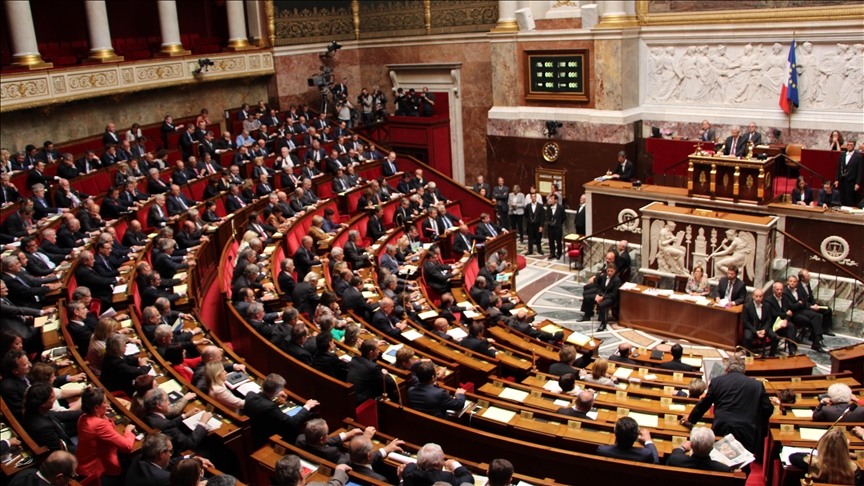The French Constitutional Council on Wednesday rejected a referendum proposal on the government’s pension reform law.
Some 250 left-wing and independent National Assembly and Senate lawmakers proposed a referendum on the widely-contested pension reform legislation on April 13, local media reported.
They were willing to ask French citizens whether they wanted to prohibit retirement ages greater than 62.
This was the second proposal, as the first, submitted on March 20, had been rejected.
Earlier on Wednesday, Finance Minister Bruno Le Maire told broadcaster France Info that the reform will help the government save €17 billion (approximately $18.7 billion) by 2030.
“There is no other credible alternative (than this reform) to save the pension system,” he added.
President Emmanuel Macron signed the pension reform into law late on April 14 after the Constitutional Council completed its review, despite demands from trade unions to drop the measure that has triggered weeks of protests.
The law will raise the retirement age from 62 to 64 by 2030, requiring at least 43 years of service to be eligible for a full pension.
The government unveiled the proposal in January and it was taken up for a parliamentary debate the following month even as millions took to the streets to oppose it.
Unrest intensified when Prime Minister Elisabeth Borne, after consulting with Macron, decided to use special constitutional powers to adopt the bill without parliamentary approval in March.
The decision was motivated by concerns that lawmakers would be able to stymie the reforms because the government lacked an absolute majority in parliament.
The law is set to go into effect on Sept. 1.




















































Be First to Comment